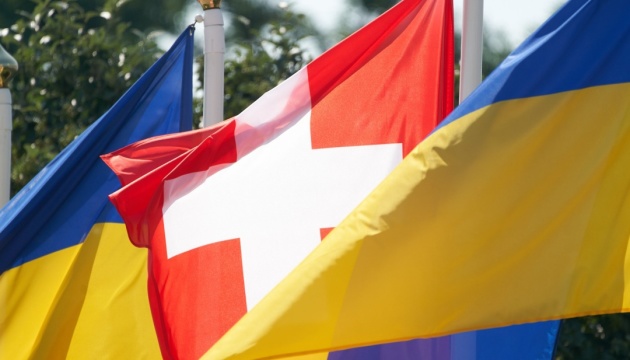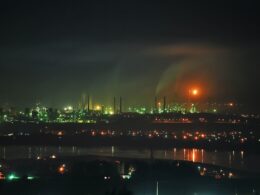Ukraine has moved to prevent the circumvention of sanctions on Russian energy resources by prohibiting the import of fuel of unknown origin, reports Deputy Energy Minister Mykola Kolisnyk.
In a meeting on 9 May, the Cabinet of Ministers supplemented Resolution No. 1147, which initially banned the import of goods from the Russian Federation, to include a prohibition on importing fuel of unknown origin. Kolisnyk explained that this amendment was necessary to block the inflow of Russian fuel, oil, and petroleum products into Ukraine.
The prohibition will apply to the following goods:
- crude oil and petroleum products obtained from bituminous rocks;
- oil and petroleum products obtained from bituminous rocks, except crude, and products containing 70 mass% or more of oil or petroleum products;
- oil gases and other hydrocarbons in gaseous form;
- alternative motor fuel;
- biodiesel and its mixtures that do not contain or contain less than 70 mass% of oil or petroleum products obtained from bituminous rocks.
Despite sanctions, fuel of Russian origin managed to make its way to EU countries, Türkiye, and other nations, from which it was redirected to the Ukrainian market as a resource of undetermined origin. "Such a resource is sold at a discount, making alternative supply routes economically unviable, posing a significant risk of destabilizing the fuel market," Kolisnyk added.
According to Koretskyi, Russian liquefied gas began appearing in Ukraine in the fall of 2022 under the guise of products from Poland, Lithuania, and Latvia. Russian diesel, as per the documents, was coming from Albania, Egypt, Morocco, Tunisia, Algeria, Türkiye, and India. "Not all of these countries even have oil refining. It was cheap, so some traders turned a blind eye to collaborating with the enemy. From now on, the loopholes are closed," stressed Koretskyi.
Customs authorities will now require a certificate of fuel origin during the clearance of petroleum products. Only those petroleum products that have documents from the manufacturer will be allowed into the country, he added.
The draft decision was developed after consultations with market participants and active cooperation between the Ministry of Economy of Ukraine, the Ministry of Energy of Ukraine and the State Customs Service, Koretskyi said, adding that a diplomatic dialog with neighboring countries on similar measures is ongoing.
Related:
- Why Russia is still making money on energy sales and how to change this
- Five reasons why the US and the EU should impose a full embargo on Russian fossil fuels
- Russian Black Sea oil exports reached a new record in March, with tankers going to Asia





